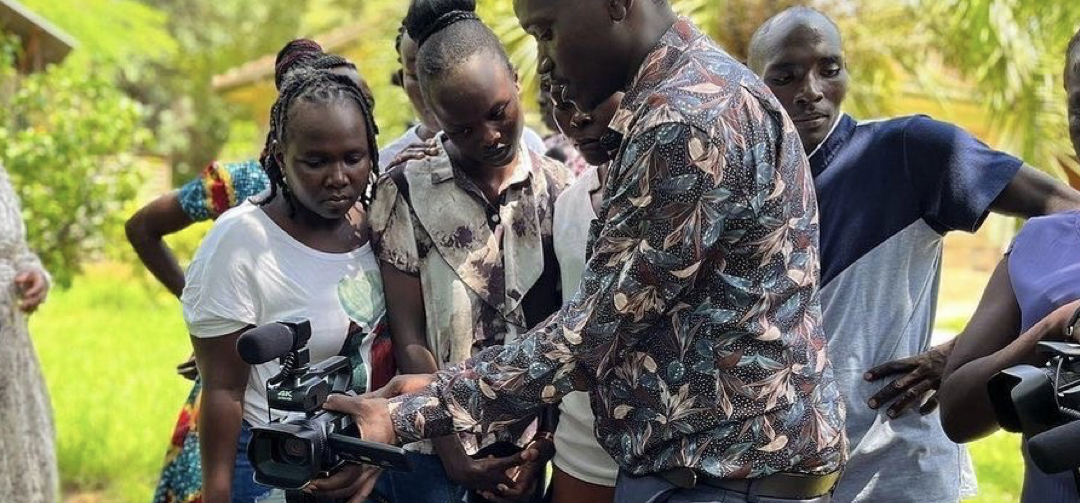Jamii Asilia Centre
Revitalizing Ancestral Roots, Protecting Endorois Knowledge and Raising Awareness about Community Rights
about JAC
About Jamii Asilia Centre
Jamii Asilia (Swahili for Indigenous Peoples) Centre is an Indigenous Youth-led nonprofit founded to protect and promote the rights of Indigenous Peoples in Kenya. Under the leadership of executive director Carson Kiburo, JAC works directly with the Endorois and other Indigenous communities for human rights advocacy, cultural preservation, and combating the effects of forced displacement.
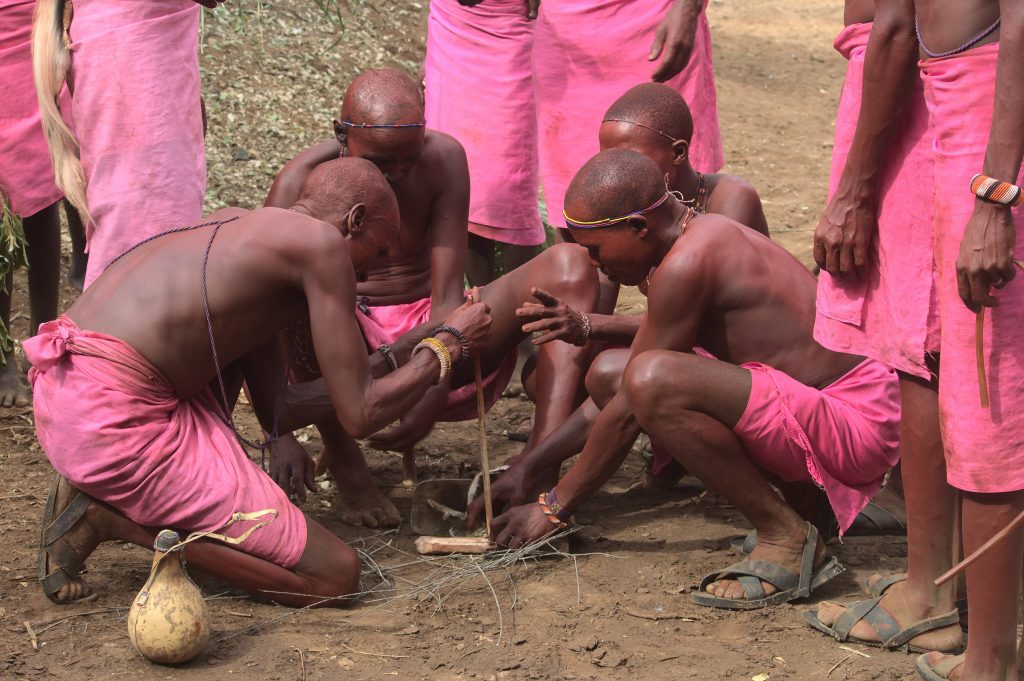
JAC’s experience includes audio-visual documentation with Endorois elders on the history of the people, cultural rites of passage, oral stories, and the impact of eviction from ancestral lands. The organization has also implemented a cultural heritage protection project with Endorois Indigenous youth and women by sharing ancient Indigenous food sovereignty practices applicable to current agricultural conditions.
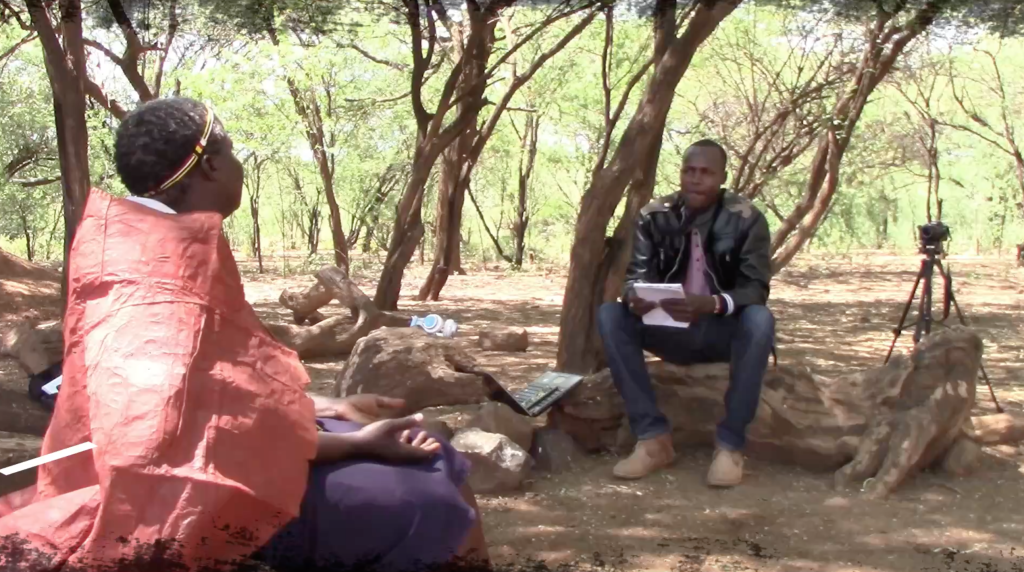
JAC’s leadership contributes to Indigenous people’s policy and advocacy in frameworks such as the UN Permanent Forum, CBD, and UNFCCC.
JAC convened the first Kenya Indigenous Youth Forum in 2021 and continues to offer capacity to conveners of the Kenya Indigenous Youth Network. JAC’s work has increased the capacity and self-determination of Endorois women and other Indigenous women by facilitating training and leadership roles in sustainable livelihood programs.
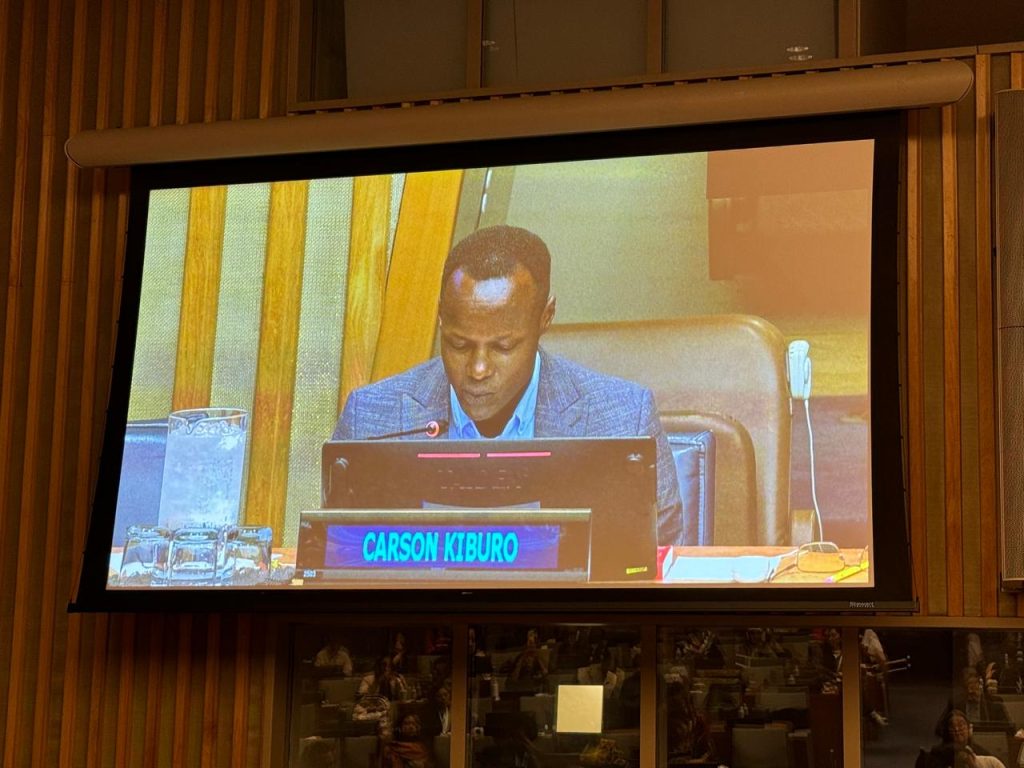
Global Wisdom Collective
Global Wisdom Collective supports Indigenous and endangered communities in preserving the Indigenous knowledge systems of their people. GWC serves as a bridge for native nature-based societies so that the human connection to our Earth is given voice and protected in a way that honors the core integrity of all communities.
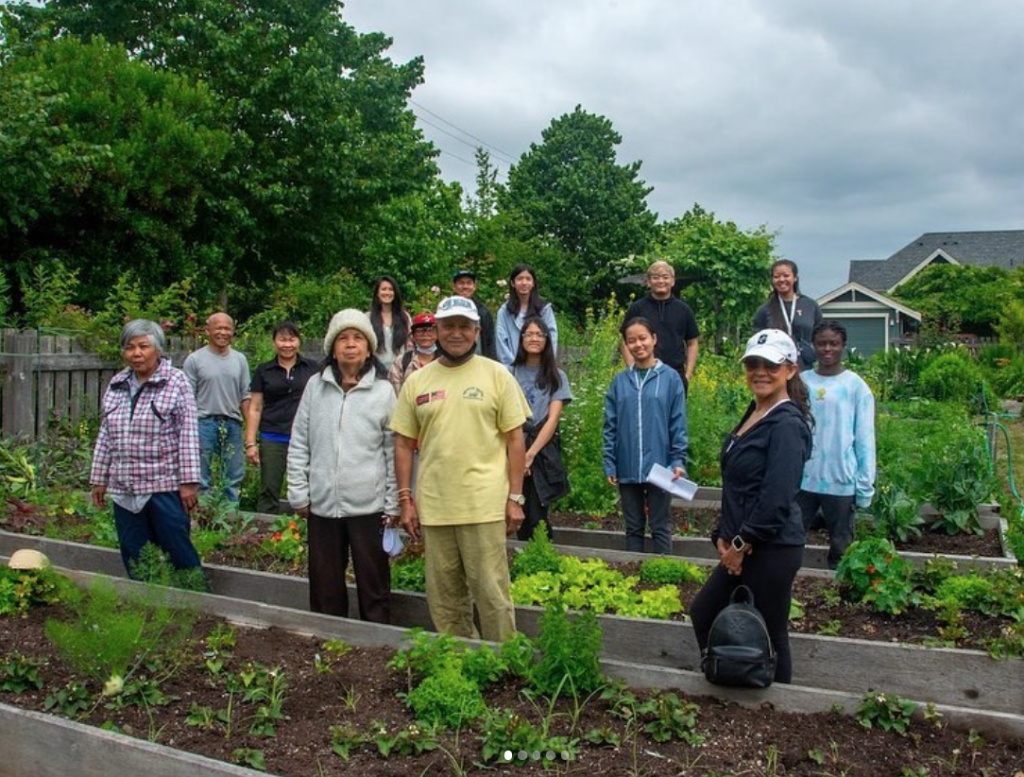
Global Wisdom Collective works with Indigenous and diaspora communities to build intergenerational knowledge-sharing programs and support strategic, design, and organizational advising for communities looking to protect indigenous knowledge systems. Global Wisdom Collective has worked in Sri Lanka, South Africa, Nepal, Ghana, and with Indigenous and diaspora populations within the United States.
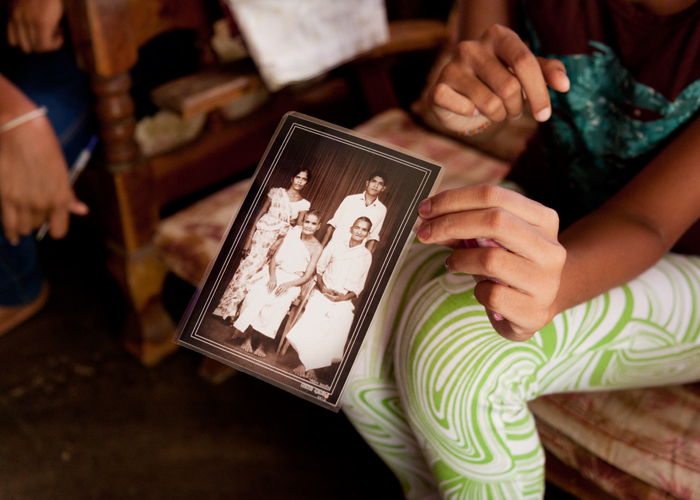
GWC has partnered with organizations to create sometimes their first intergenerational knowledge-sharing program focused on protecting cultural heritage. Examples include:
⊃ The Palagama Village in Sri Lanka
⊃ The agricultural knowledge systems of Khmer refugees resettled in Washington state
⊃ The traditional medical systems of China
GWC’s work contributes to raising awareness of the value of Indigenous knowledge systems to the climate crisis and diaspora populations looking to reconnect to their roots.
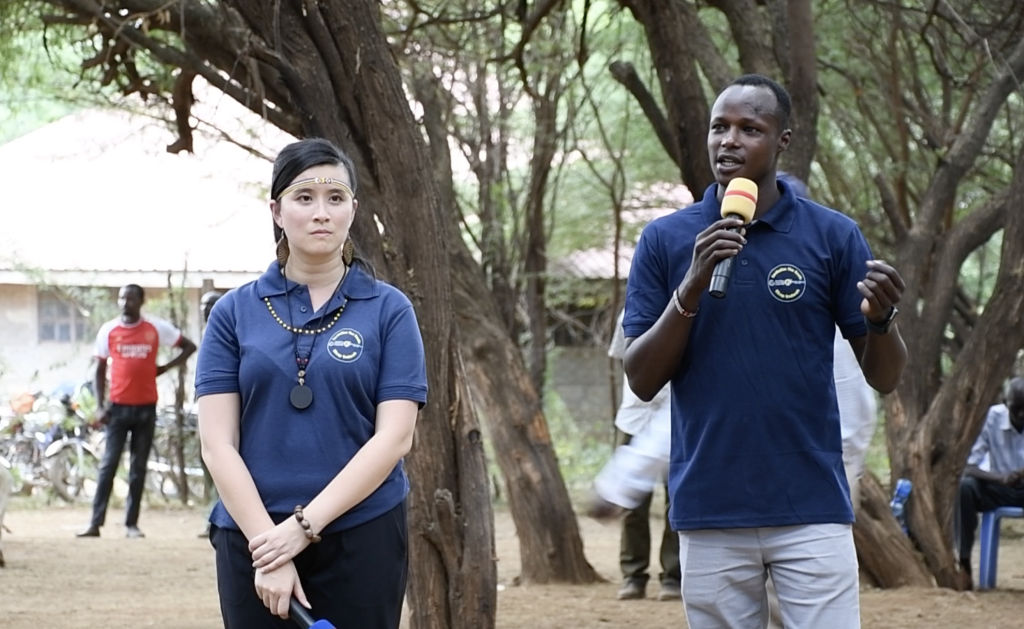
Our partnership
Our partnership
Preserving Ancestral Knowledge at a Critical Moment
Our partnership with JAC was born from recognizing the urgency of preserving the cultural and ecological heritage of the Endorois people. This community inhabited Kenya’s Baringo and Laikipia Counties for over half a millennium, developing knowledge systems deeply connected to their territory and biodiversity. However, the forced displacement of 1973 for the creation of a nature reserve and the growing impacts of climate change threaten the continuity of this irreplaceable knowledge.
The collaboration between these two organizations represents a powerful synergy: JAC’s commitment to local Indigenous communities combines with GWC’s expertise in the digital preservation of traditional knowledge. This partnership culminated in the “Revitalize the Roots: Bikaptorois” program, a pioneering initiative to document and transmit the knowledge of Endorois elders to younger generations.
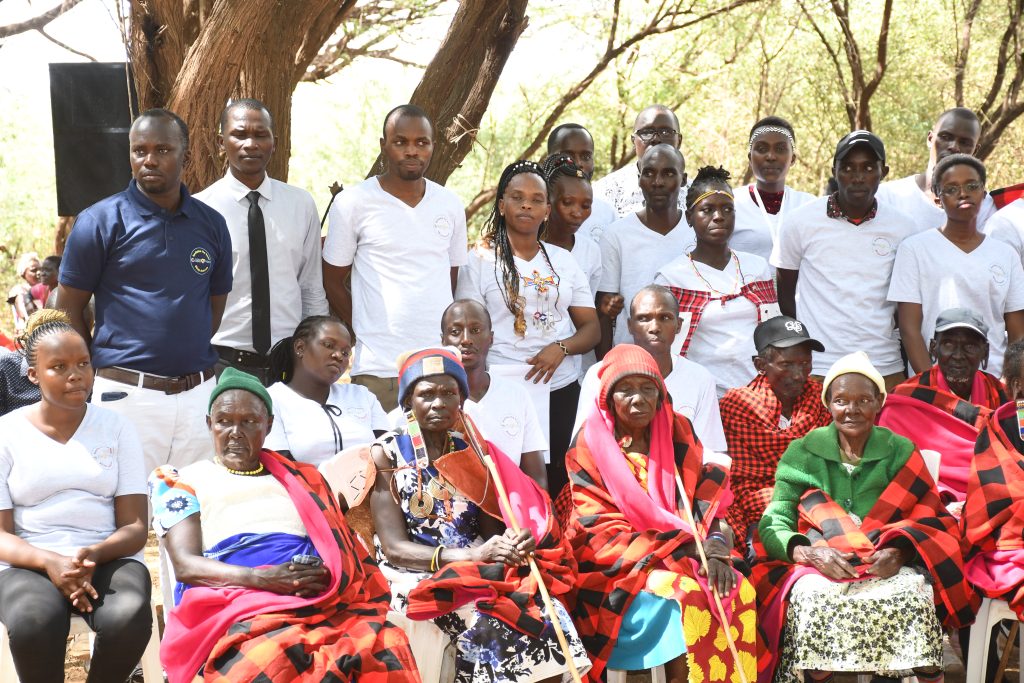
The program emerged from a process of deep consultation with Endorois community leaders, including the Endorois Welfare Council and the Endorois Indigenous Women Empowerment Network. Communities expressed concern about the accelerated loss of language, cultural practices, and ecological knowledge, particularly as older elders—keepers of centuries-old traditions—began passing away without their knowledge being documented.
Our approach to supporting this initiative was based on recognizing Indigenous sovereignty and the importance of community-led documentation. Rather than bringing outside experts to “study” and extract Endorois knowledge, the program empowers young Endorois people with the tools and training needed to document their own elders’ practices, thus ensuring that the process honors the community’s cultural protocols and perspectives.
The initiative also recognizes that cultural preservation is not a static or purely academic exercise—but rather a living process that strengthens community identity and provides practical tools for facing contemporary challenges. The Endorois ecological knowledge about biodiversity, water management, and medicinal plants has direct relevance for adaptation to the climate changes the region faces.
Building Networks for Community-Led Change
As part of our commitment to amplifying Indigenous voices, we have facilitated opportunities for JAC and GWC to share their vision on international platforms. In April 2024, we co-hosted an official side event during the UN Permanent Forum on Indigenous Issues, focusing on sharing the experience of Revitalize the Roots and intergenerational knowledge-sharing strategies among Indigenous communities.
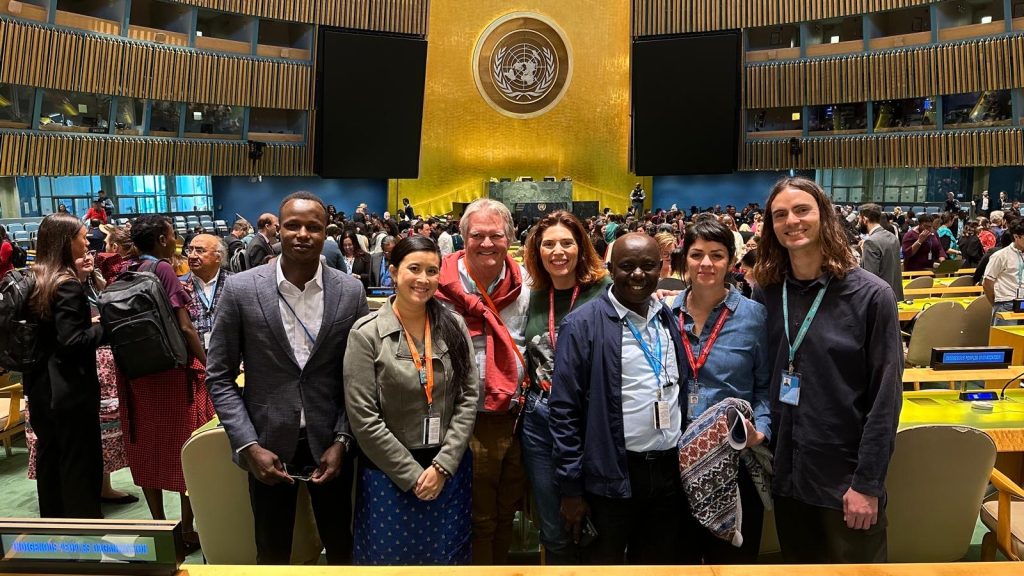
In February 2025, we supported Carson Kiburo’s participation in the International Funders for Indigenous Peoples Global Conference in Naivasha, Kenya, where he had the opportunity to present the innovative work of JAC and the struggles of the Endorois people. This platform allowed him not only to share JAC’s vision with potential supporters but also to learn from other Indigenous-led initiatives around the world.
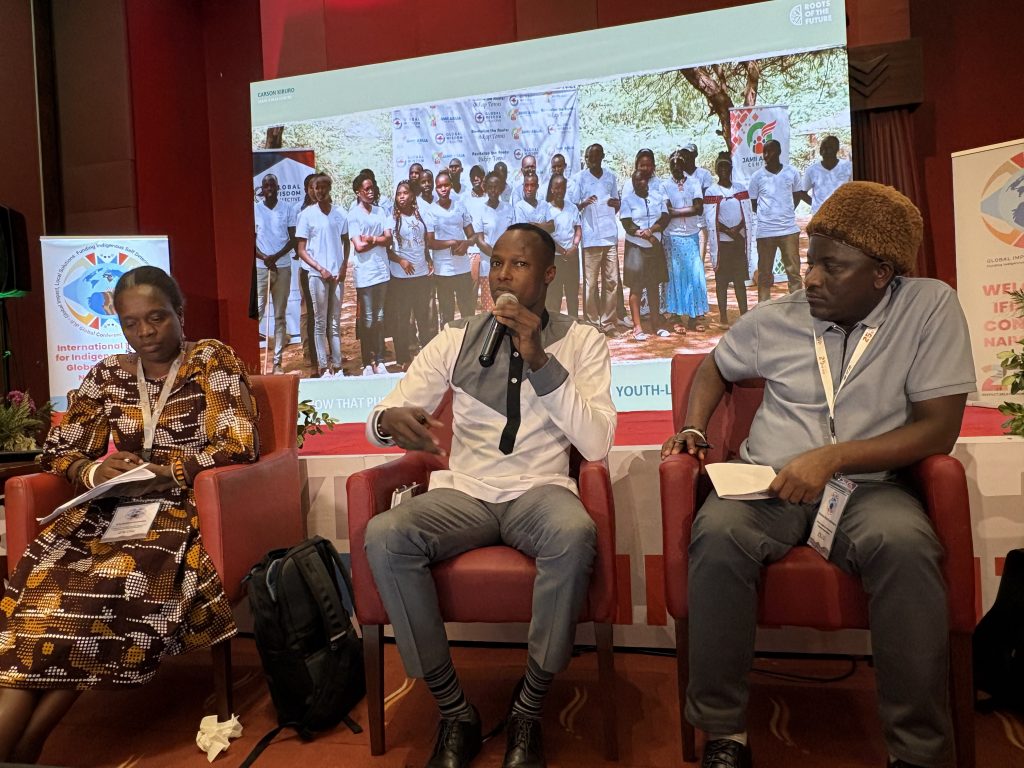
These international experiences serve a precise strategic purpose: rather than speaking for the community, these forums allow Endorois leaders to directly represent their interests to institutions that influence global policies on environment, culture, and human rights. After these engagements, the knowledge and networks acquired are brought back to the community.
We also supported Carson’s participation at the UN’s Expert Mechanism on the Rights of Indigenous Peoples in Geneva, Switzerland, where he was able to present how non-compliance with the UN Declaration on the Rights of Indigenous Peoples impacts his community’s well-being and share strategies for implementing court rulings that the Kenyan government has failed to honor.
IMPACT
Impact
The Revitalize the Roots: Bikaptorois program is creating a powerful model for Indigenous-led cultural preservation, with impacts extending far beyond the documentation of traditions.
Transforming Youth into Cultural Guardians
The program has empowered 40 Endorois youth with technical and cultural skills to document elders’ knowledge. This transformative cultivated a new sense of pride and purpose among Endorois youth.
These young documentarians received training in audiovisual techniques, culturally appropriate interview methodologies, and digital preservation ethics. Most importantly, the process strengthened intergenerational community bonds that had been weakened by decades of displacement and urbanization influences.
In 2023, the Jamii Asilia Centre and Global Wisdom Collective received a Keepers of the Earth Fund grant to help reinforce the digital documentation of the Endorois culture. This support has helped the program grow and reach more community members.
Documentation of Ecological Knowledge
The program has documented knowledge from Endorois elders about:
⊃ Traditional water management practices
⊃ Soil conservation techniques
⊃ Medicinal plants
⊃ Grazing management systems
⊃ Traditional ecological indicators for predicting weather patterns
This knowledge has direct relevance for adaptation to the climate challenges the region faces, demonstrating how ancestral knowledge can provide solutions to contemporary problems.
Language and Cultural Revitalization
The program has contributed to maintaining the Endorois language through documentation of stories, songs, and specialized ecological terms. By recording these materials, the organizations are creating resources that can be used to teach children their ancestral language.
The documentation of place names and landscape features is helping to create a geographical record that reaffirms the Endorois’ historical connection to their territory.
In February 2024, the program celebrated its first cohort graduation in a ceremony on the banks of Lake Bogoria. This powerful event brought together elders, youth, and community members from across the region, many traveling for hours through challenging conditions to participate in the first such community gathering in years. The ceremony featured traditional blessings, Endorois songs and dances, and formal recognition of both the youth participants and elder knowledge keepers.
Updates
Updates
News from the ground on projects, initiatives and collaborations.
View this post on Instagram
View this post on Instagram
View this post on Instagram
View this post on Instagram
View this post on Instagram
SUPPORT
Support
The Endorois people carry centuries of accumulated wisdom about Lake Bogoria’s ecosystem. This knowledge – tested and refined through generations – offers practical solutions for sustainable living that extend beyond cultural preservation to address pressing environmental challenges.
Jamii Asilia Centre stands at the intersection of Indigenous rights, cultural preservation, and sustainable development. JAC’s work spans multiple critical areas:
⊃ Human rights advocacy for the implementation of the African Commission’s landmark ruling
⊃ Climate change adaptation strategies grounded in traditional ecological knowledge
⊃ Youth empowerment through meaningful connection to cultural identity
⊃ Women’s leadership development in community-based initiatives
To support these organizations:
> Visit Jamii Asilia Centre and Global Wisdom Collective to learn about their full range of initiatives
> Make direct donations that allow these Indigenous-led organizations to determine their own priorities
> Share the Endorois story and the challenges facing Indigenous communities in Kenya
> Explore partnership opportunities that respect Indigenous leadership and self-determination
Your support strengthens not just cultural continuity but Indigenous sovereignty.
In a world increasingly recognizing that Indigenous stewardship offers proven pathways to environmental sustainability and community prosperity, backing Indigenous-led organizations becomes both a moral imperative and a practical necessity.
Through organizations like JAC and GWC, traditional wisdom finds new avenues for expression and application in addressing our shared global challenges.
— Connect with JAC —
Jamii Asilia Centre
Revitalizing Ancestral Roots, Protecting Endorois Knowledge and Raising Awareness about Community Rights
about JAC
About Jamii Asilia Centre
Jamii Asilia (Swahili for Indigenous Peoples) Centre is an Indigenous Youth-led nonprofit founded to protect and promote the rights of Indigenous Peoples in Kenya. Under the leadership of executive director Carson Kiburo, JAC works directly with the Endorois and other Indigenous communities for human rights advocacy, cultural preservation, and combating the effects of forced displacement.

JAC’s experience includes audio-visual documentation with Endorois elders on the history of the people, cultural rites of passage, oral stories, and the impact of eviction from ancestral lands. The organization has also implemented a cultural heritage protection project with Endorois Indigenous youth and women by sharing ancient Indigenous food sovereignty practices applicable to current agricultural conditions.

JAC’s leadership contributes to Indigenous people’s policy and advocacy in frameworks such as the UN Permanent Forum, CBD, and UNFCCC.
JAC convened the first Kenya Indigenous Youth Forum in 2021 and continues to offer capacity to conveners of the Kenya Indigenous Youth Network. JAC’s work has increased the capacity and self-determination of Endorois women and other Indigenous women by facilitating training and leadership roles in sustainable livelihood programs.

Global Wisdom Collective
Global Wisdom Collective supports Indigenous and endangered communities in preserving the Indigenous knowledge systems of their people. GWC serves as a bridge for native nature-based societies so that the human connection to our Earth is given voice and protected in a way that honors the core integrity of all communities.

Global Wisdom Collective works with Indigenous and diaspora communities to build intergenerational knowledge-sharing programs and support strategic, design, and organizational advising for communities looking to protect indigenous knowledge systems. Global Wisdom Collective has worked in Sri Lanka, South Africa, Nepal, Ghana, and with Indigenous and diaspora populations within the United States.

GWC has partnered with organizations to create sometimes their first intergenerational knowledge-sharing program focused on protecting cultural heritage. Examples include:
⊃ The Palagama Village in Sri Lanka
⊃ The agricultural knowledge systems of Khmer refugees resettled in Washington state
⊃ The traditional medical systems of China
GWC’s work contributes to raising awareness of the value of Indigenous knowledge systems to the climate crisis and diaspora populations looking to reconnect to their roots.

Our partnership
Our partnership
Preserving Ancestral Knowledge at a Critical Moment
Our partnership with JAC was born from recognizing the urgency of preserving the cultural and ecological heritage of the Endorois people. This community inhabited Kenya’s Baringo and Laikipia Counties for over half a millennium, developing knowledge systems deeply connected to their territory and biodiversity. However, the forced displacement of 1973 for the creation of a nature reserve and the growing impacts of climate change threaten the continuity of this irreplaceable knowledge.
The collaboration between these two organizations represents a powerful synergy: JAC’s commitment to local Indigenous communities combines with GWC’s expertise in the digital preservation of traditional knowledge. This partnership culminated in the “Revitalize the Roots: Bikaptorois” program, a pioneering initiative to document and transmit the knowledge of Endorois elders to younger generations.

The program emerged from a process of deep consultation with Endorois community leaders, including the Endorois Welfare Council and the Endorois Indigenous Women Empowerment Network. Communities expressed concern about the accelerated loss of language, cultural practices, and ecological knowledge, particularly as older elders—keepers of centuries-old traditions—began passing away without their knowledge being documented.
Our approach to supporting this initiative was based on recognizing Indigenous sovereignty and the importance of community-led documentation. Rather than bringing outside experts to “study” and extract Endorois knowledge, the program empowers young Endorois people with the tools and training needed to document their own elders’ practices, thus ensuring that the process honors the community’s cultural protocols and perspectives.
The initiative also recognizes that cultural preservation is not a static or purely academic exercise—but rather a living process that strengthens community identity and provides practical tools for facing contemporary challenges. The Endorois ecological knowledge about biodiversity, water management, and medicinal plants has direct relevance for adaptation to the climate changes the region faces.
Building Networks for Community-Led Change
As part of our commitment to amplifying Indigenous voices, we have facilitated opportunities for JAC and GWC to share their vision on international platforms. In April 2024, we co-hosted an official side event during the UN Permanent Forum on Indigenous Issues, focusing on sharing the experience of Revitalize the Roots and intergenerational knowledge-sharing strategies among Indigenous communities.

In February 2025, we supported Carson Kiburo’s participation in the International Funders for Indigenous Peoples Global Conference in Naivasha, Kenya, where he had the opportunity to present the innovative work of JAC and the struggles of the Endorois people. This platform allowed him not only to share JAC’s vision with potential supporters but also to learn from other Indigenous-led initiatives around the world.

These international experiences serve a precise strategic purpose: rather than speaking for the community, these forums allow Endorois leaders to directly represent their interests to institutions that influence global policies on environment, culture, and human rights. After these engagements, the knowledge and networks acquired are brought back to the community.
We also supported Carson’s participation at the UN’s Expert Mechanism on the Rights of Indigenous Peoples in Geneva, Switzerland, where he was able to present how non-compliance with the UN Declaration on the Rights of Indigenous Peoples impacts his community’s well-being and share strategies for implementing court rulings that the Kenyan government has failed to honor.
IMPACT
Impact
The Revitalize the Roots: Bikaptorois program is creating a powerful model for Indigenous-led cultural preservation, with impacts extending far beyond the documentation of traditions.
Transforming Youth into Cultural Guardians
The program has empowered 40 Endorois youth with technical and cultural skills to document elders’ knowledge. This transformative cultivated a new sense of pride and purpose among Endorois youth.
These young documentarians received training in audiovisual techniques, culturally appropriate interview methodologies, and digital preservation ethics. Most importantly, the process strengthened intergenerational community bonds that had been weakened by decades of displacement and urbanization influences.
In 2023, the Jamii Asilia Centre and Global Wisdom Collective received a Keepers of the Earth Fund grant to help reinforce the digital documentation of the Endorois culture. This support has helped the program grow and reach more community members.
Documentation of Ecological Knowledge
The program has documented knowledge from Endorois elders about:
⊃ Traditional water management practices
⊃ Soil conservation techniques
⊃ Medicinal plants
⊃ Grazing management systems
⊃ Traditional ecological indicators for predicting weather patterns
This knowledge has direct relevance for adaptation to the climate challenges the region faces, demonstrating how ancestral knowledge can provide solutions to contemporary problems.
Language and Cultural Revitalization
The program has contributed to maintaining the Endorois language through documentation of stories, songs, and specialized ecological terms. By recording these materials, the organizations are creating resources that can be used to teach children their ancestral language.
The documentation of place names and landscape features is helping to create a geographical record that reaffirms the Endorois’ historical connection to their territory.
In February 2024, the program celebrated its first cohort graduation in a ceremony on the banks of Lake Bogoria. This powerful event brought together elders, youth, and community members from across the region, many traveling for hours through challenging conditions to participate in the first such community gathering in years. The ceremony featured traditional blessings, Endorois songs and dances, and formal recognition of both the youth participants and elder knowledge keepers.
Updates
Updates
News from the ground on projects, initiatives and collaborations.
View this post on Instagram
View this post on Instagram
View this post on Instagram
View this post on Instagram
View this post on Instagram
SUPPORT
Support
The Endorois people carry centuries of accumulated wisdom about Lake Bogoria’s ecosystem. This knowledge – tested and refined through generations – offers practical solutions for sustainable living that extend beyond cultural preservation to address pressing environmental challenges.
Jamii Asilia Centre stands at the intersection of Indigenous rights, cultural preservation, and sustainable development. JAC’s work spans multiple critical areas:
⊃ Human rights advocacy for the implementation of the African Commission’s landmark ruling
⊃ Climate change adaptation strategies grounded in traditional ecological knowledge
⊃ Youth empowerment through meaningful connection to cultural identity
⊃ Women’s leadership development in community-based initiatives
To support these organizations:
> Visit Jamii Asilia Centre and Global Wisdom Collective to learn about their full range of initiatives
> Make direct donations that allow these Indigenous-led organizations to determine their own priorities
> Share the Endorois story and the challenges facing Indigenous communities in Kenya
> Explore partnership opportunities that respect Indigenous leadership and self-determination
Your support strengthens not just cultural continuity but Indigenous sovereignty.
In a world increasingly recognizing that Indigenous stewardship offers proven pathways to environmental sustainability and community prosperity, backing Indigenous-led organizations becomes both a moral imperative and a practical necessity.
Through organizations like JAC and GWC, traditional wisdom finds new avenues for expression and application in addressing our shared global challenges.
— Connect with JAC —


